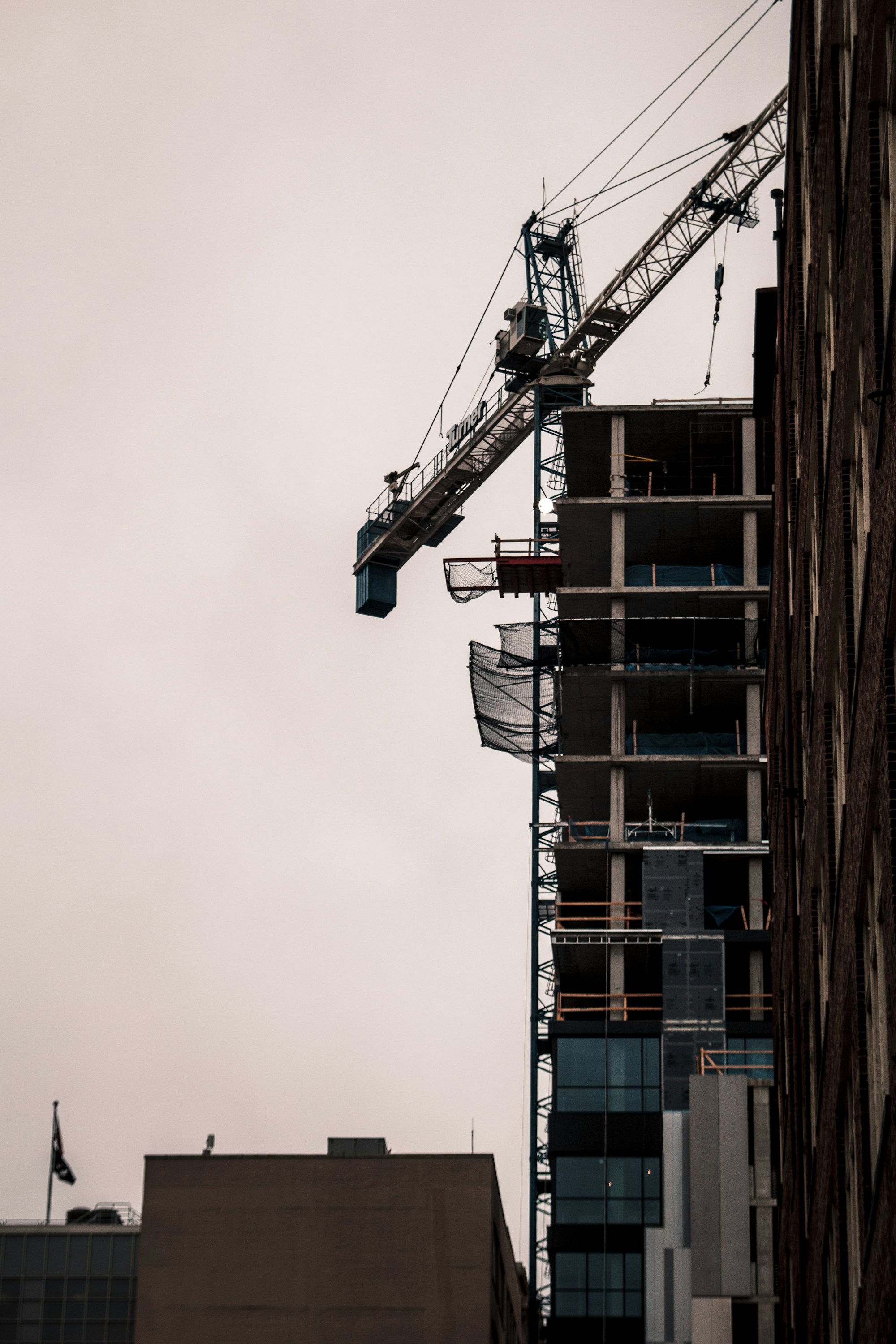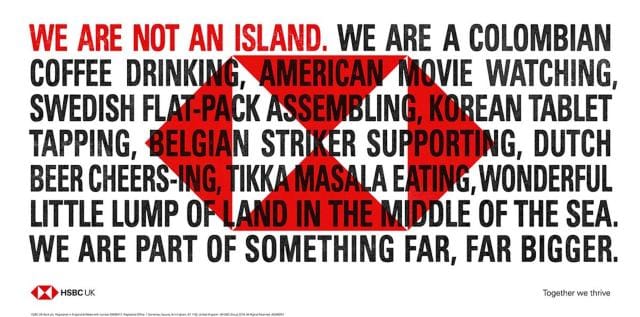Gentrification: The Sensationalisation of a Community
Austerity forced councils to sell parks, and libraries - displacing vibrant communities for wealthier tenants. Pioneers who built these neighbourhoods are now erased, priced out by gentrification's greed and institutional bias. Where did their cultural legacy go?

The Stigma
Having been brought up in South London for the majority of my life, I understand the stigma that arises when you mention my area to anyone across the world. I usually get asked the obvious questions – "How did you survive?" "Is it as dangerous as they say?" Some even attempt to mimic the so-called lingo by awkwardly adding buzzwords such as "Ends" or "Bruv" into the conversation.
While mostly harmless, these reactions speak volumes about the sensationalisation of my local area and its ramifications on the socio-economic and political landscape.
Selling the Culture

When the famous Nike advert featuring Giggs and well-known local landmarks was realised, it initially filled me with a sense of pride. Finally, my local area was being recognised on a global platform. This coincided with the HSBC "We are not an island" billboards, plastered across the city. I began to feel a real sense of pride and belonging.
However, as I witnessed the transformation of Tooting Market, the removal of old residents from council homes, and the closure of cultural centres, it dawned on me – was this supposed evolution towards gentrification a natural course of life?
To a large extent, the rampant gentrification was not a natural, organic process. While the development of new infrastructure is a manifestation of a city's economic growth, the forced expulsion of the cultural pioneers who built these vibrant neighbourhoods is anything but natural.
The Early Days of Transition
In the early 1970s, Black British citizens who migrated from the West Indies and Africa fought tooth and nail for adequate housing. The Government purposely placed them in horrendous living conditions, which contributed to the infamous Brixton Riots amid continued governmental neglect.
Resilient and determined, these communities stayed put, slowly transforming their deplorable surroundings into vibrant hubs – evident in the lively markets of Brixton, Tooting, and Clapham Junction. This organic change created a reputation that stretched far beyond the city's borders.
The Impact of Austerity
Fast forward to the modern day, and the grip of austerity tightened on local governments across England. Faced with budget cuts exceeding £15 billion from central funding, a staggering six local councils declared bankruptcy. Councils were forced to slash spending on transport, housing, and culture – some even dimmed street lights to save money.
To stay afloat, local councils have sold around 75,000 public assets worth £15 billion, including car parks, town halls, parks, and libraries. Due to cuts, councils began dabbling in risky commercial ventures, in the process, selling council housing, resulting in raised rents, and displacing the very communities that had cultivated the area's vibrant culture – all to attract young, affluent professionals with greater disposable income.
A Displaced Legacy
Through that backdrop, it has come to explain why the council began to sell council houses, which in turn resulted in landlords hiking up rents to attract young professionals who were in awe of the cosmopolitan vibrant areas. As such, this resulted in the shifting of migrant communities and the introduction of young and affluent professionals.
Case study - Tooting Market, which used to be a market developed by migrants from across the world. Now, due to the increase in rents, they have been forced to leave and their stalls taken over by young, mainly white, professionals who have erased Afro-Caribbean markets for European-centric restaurants.
Case study - Battersea Reach, I once lived across the site. My mum mentioned that I used to run around in the fields since the council never did anything with the plot. But with the austerity policy, the council sold the plot to a property developer which produced million-pound apartments, bought by extremely wealthy ghost owners. As a result of the Government's actions, private landlords in that area saw an opportunity and took the rational financial decision to maximise their rental payments, in turn, kicking out cultural pioneers.
The personal toll of this upheaval cannot be overstated. Imagine a young African/Caribbean/Asian individual who flew to this country, dreaming of building a life for their family. Forced to accept substandard housing in impoverished areas, they persevered, actively contributing to the development of a close-knit community.
Yet, due to being excluded from the financial system, they have been unable to purchase the home that they have lived in for decades. The resulting sale of their council home has resulted in an exponential rent hike. With the lack of social security, the individual has now been forcibly displaced from their community. This is a common story! The pioneers of the community are vacating the very areas they helped revitalise and start anew in unfamiliar surroundings, their legacy erased by the march of gentrification.
A Systemic Issue
This is not an unfortunate situation – it is a clear case of white supremacy. An institutionally perpetuated system of exploitation and oppression of people of colour, to maintain the concentration of wealth, power, and privilege among the white populace.
To clarify, this does not mean that every newcomer or white individual to gentrified areas is racist. Rather, it highlights a system that perpetuates white supremacy, whether consciously or not. Since, due to factors, beyond this piece, the majority of affluent individuals are white. Hence, property developers, institutional investors, local councils, and local businesses are focusing their efforts on attracting those with wealth, which is by and large white people.
Only by recognising this truth and striving for inclusive policymaking can we begin to tackle the issue.
Those who argue that gentrification follows the natural course of life are narrow-minded. These transformed areas could have been developed through equitable private-public partnerships, ensuring the creation of affordable council housing alongside accommodations for incoming professionals.
Instead, the forces of greed and white supremacy prevailed, leading society to look back and wonder – where did it all go wrong?
💞 Enjoy the read?
Forward to a friend and let them know what you found most interesting (plus tell them to subscribe here)
Anything else? Hit me up on my socials to send feedback or say Hello
Love ✌🏾